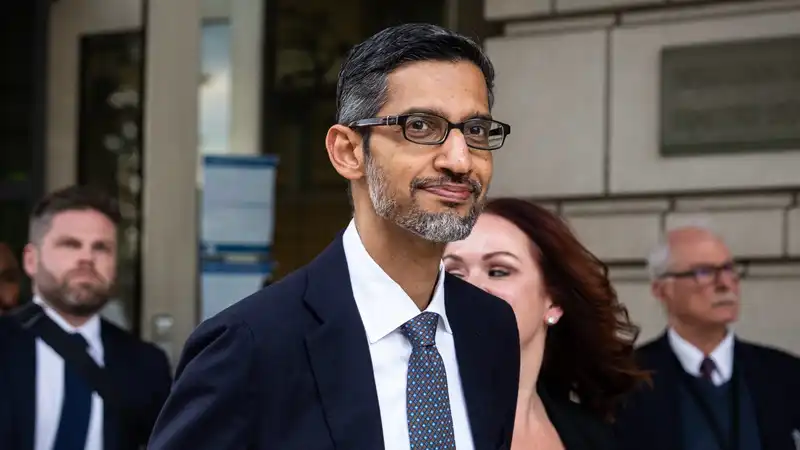Google has been dealt a major blow in an antitrust lawsuit, with a federal judge ruling that the search giant violated Section 2 of the Sherman Act The ruling could change the way Google Search operates, depending on what penalties Google is subjected to
"After careful consideration and weighing of the witness testimony and evidence, the Court reaches the following conclusion: Google is a monopolist and has acted as a monopolist to maintain its monopoly Google is a monopolist and has acted as a monopolist to maintain its monopoly Google violated Section 2 of the Sherman Act," federal judge Amit Mehta wrote in his 277-page opinion
The Sherman Act is an antitrust law that makes monopolistic business practices illegal and has been in effect since 1890 The National Archives describes the Act as "designed to restore competition, but was loosely worded and failed to define key terms such as "trust," "combination," "conspiracy," and "monopoly"
Specifically, Google is charged with violating the Sherman Act in two areas: general search services and general text advertising through exclusive distribution agreements The company has spent billions of dollars on exclusive agreements involving competitors like Apple to become the dominant search browser on cell phones and browsers
Such agreements helped give Google global scale and likely helped prevent other search engines like Microsoft's Bing and privacy engine DuckDuckGo from gaining a better position
The case has been going through the system since 2020, when the DOJ and several states sued Google over Google's dominance in search At the time, the DOJ claimed that Google had over 90% of its search traffic; sites like Similarweb have confirmed this figure, showing that competitors like Bing and Yahoo have barely 6%
The actual trial lasted 10 weeks in the fall of 2023, but final arguments were not heard until May of this year, during which Judge Mehta questioned Google's lawyers Google's central argument was that it was not a monopoly because people use other companies like Amazon to find products and social media to find music
"Certainly, I don't think the public would say, 'Google and Amazon are the same thing,'" Mehta said
Google's antitrust suit compares to a turn-of-the-2000s lawsuit filed against Microsoft's anticompetitive behavior in forcing Internet Explorer onto all devices
"The court is surprised, then, that Google would go to such lengths to avoid leaving a paper trail for regulators and litigants No wonder there is no apparent anti-competitive communication in this case, as there is in Microsoft and other Article II cases"
Google has already announced that it plans to appeal Meter's ruling
While it will take time for the impact of this ruling to reach consumers, it could dramatically change the way Google offers its search engine to consumers and affect how Google responds to other companies, thereby affecting how other companies interact with Google and whether Google default or not could change
Avi Greengart of analyst firm Techsponential thinks it will be a little while before we see the ripples, he said in a statement to Tom's Guide" As always with government intervention in technology, by the time this case is all through the appeals and remedies process, we may all be using another company's genAI search anyway"
Although it will never happen, US antitrust officials hinted at the possibility of a Google split at the beginning of the trial, arguing that the giant tech company's actions could stifle innovation and the rise of successor companies
Luther Lowe, head of public policy at Y Combinator (a venture capital startup support firm), said of X: "Remember: the US v Google case is split in two We are now in the relief phase The ruling has the potential to significantly reorganize the competitive environment in favor of "little tech" by weakening Google's gatekeeping power and creating more open competition in search and digital advertising"
This is a developing story Check back for updates
"The ruling acknowledges that Google offers the best search engine, but concludes that it should not be allowed to make it readily available We find that Google is "the highest quality search engine in the industry, Google is trusted by hundreds of millions of users every day," that Google "has long been the best search engine, especially on mobile devices," that it "continues to innovate in search," and that "Apple and Mozilla have We appreciate the court's recognition that "from time to time, we have evaluated Google's search quality in comparison to its rivals and determined that Google is better Given this, and the fact that people are searching for information in more and more ways, we plan to appeal As this process continues, we will remain focused on creating products that people find useful and easy to use" - Kent Walker, President, Global Affairs










Comments